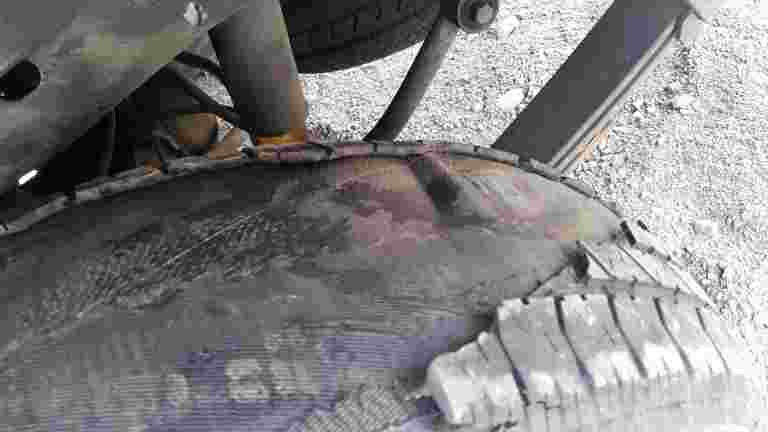Tire Blowout Attorney
Houston tire blowout lawyer David P. Willis has handled dozens of accidents involving tires that explode. Tire defects are exceptionally dangerous. A defective tire can cause a tire blowout, often resulting in a fatal accident.
Those four inflated rubber tubes on your car must work properly as you zoom down the road. When properly built, a good set of tires may last for tens of thousands of miles. But not all tires are made correctly, and even well-made tires may sit on a shelf for years before they are mounted on your automobile. They may have aged past the point of being safe.
There is no excuse for tire makers or dealers that produce, sell, or install defective tires. There’s no excuse for the hundreds of unnecessary injuries and fatalities caused by defective tires. We hold tire manufacturers, tire service providers, and tire distributors accountable for their placing defective tires in the market. Our tire defect attorneys have taken on every tire manufacturer across the United States, and we have had excellent success for our clients.
Human lives are at risk when a manufacturer makes a vehicle’s tires improperly. Sometimes the tire design is defective, and other tires are forced through a sloppy quality control division. As tire blowout lawyers, we hold makers and distributors of defective tires accountable for enabling bad tires to leave their control and be placed on a vehicle.
Tire blowouts and tread separations often occur on hot days with fast-moving automobiles. Most drivers first learn of a defective tire when they hear a terrifying explosion. Then we react by slamming on the brakes and attempting to steer off the road while still moving at high speeds. Turning too quickly causes the car to roll over.
Our tire blowout lawyer pursues full and fair compensation for clients hurt in tire accidents against manufacturers like
- Firestone
- Bridgestone
- BF Goodrich
- Continental
- Cooper
- Nitto
- Falken
- Kelly Springfield
- Dunlop Tire
- Goodyear
- Kumho Tire
- Yokohama
- Michelin
According to the National Highway Traffic Safety Administration, eleven thousand tire-related crashes occur on American highways each year. Tire-related collisions were responsible for 19,000 injuries in 2015, and 733 fatalities in 2016 because of malfunctioning tires.
Houston tire blowout attorney David Willis has experience litigating tire defect cases. He has obtained results of $3.5 million and $3 million in lawsuits involving blowouts.
Table of Contents
What Causes Tire Blowouts?
Tire blowouts are caused by many factors including overweight cargo, running over an object on the road, slow leaks, and defective tires.
What About Tire Recalls?
Even the most highly regarded tire companies have recalled millions of tires. These recalls have been connected to faulty design, which causes tread separation, which is the most common cause of a tire blowout. Tires are made by combining numerous plies or layers. When the design that allows these layers to adhere to one another fails, the tread separates. Tread separation can also be caused by the use of ineffective sealants. Tires created in a hazardous environment and exposed to moisture throughout the manufacturing process may have incorrectly bonded treads.
Tire recalls are hard to follow. The U.S. Tire Manufacturers Association shows 50 recalls made by three manufacturers for eleven different tire brands and 16 tire models in 2017. Some of the biggest brands have tire recalls, including Sumitomo, Kumho, Continental, and many other big-name tire companies. It does not mean that it is free of all dangerous defects merely because a tire has not been recalled.
Tire blowouts cause 78,000 automobile accidents each year. Consumer mistakes, such as overloading the car or underinflating the tires, may cause some of these collisions, but faulty tires are to blame for a large number of them. Given the wide range of severity in tire-related automobile accidents, customers must understand how to protect themselves and their passengers.
Tire manufacturers should conduct quality control procedures to ensure that only the most flawlessly designed and made tires ever leave their facilities. But defective tires enter the markets each year. The public only learns when a tragedy occurs.
As defective tire specialists, we conduct a proper investigation. After our tire defect lawyer has verified that the tires were defective we will establish liability of the tire service provider that installed the tires or the manufacturers of defective tires.
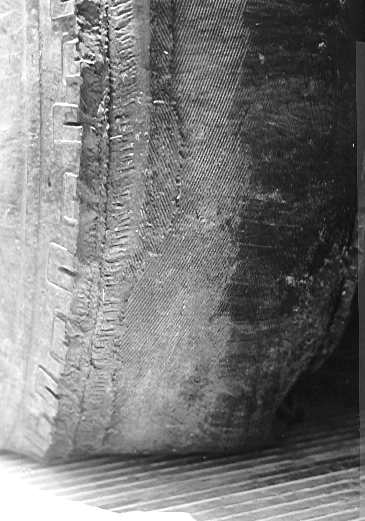
Facts about Defective Tire Recalls
Recalls don’t occur on time or reach everyone riding on defective tires. Because cars are registered with the government, contacting car owners about recalls is straightforward. But the only way to an owner of defective tires is through the registration cards.
Most recalls are voluntary. That is the manufacturer issues the recall itself after a product is identified as defective. Some manufacturers receive notice from the National Highway Traffic Safety Administration (NHTSA). If the defective tire manufacturer is by the NHTSA and still refuses to recall defective tires, the manufacturer may be sued by this government agency.
Tires can be recalled for a wide scope of defects in their design, manufacturing, or installation. Tire recalls are made for some of these reasons:
- Tire belt separation
- Visible cords are seen through the inner liner
- Fail to meet strength test requirements
- Sudden loss of air
- Incompletely cured vulcanizing compound
- Loss of vehicle control due to tire belt separation
- Missing load rate information
- Missing date code TIN information
- Separation of the tire sidewall
- Defective body plies
- Inner belt gauges
Checking Your Tires for Problems
Your tires, like every other component of your vehicle, must be in good operating order for you to drive safely. You will have difficulty moving and may encounter a blowout if your tires are faulty or worn out. Here are a few indicators that you may have a tire issue: When you make a quick turn, you hear a screeching sound. When you travel on the motorway or highway, you will notice vibrations. Your tires are wearing unevenly, as you’ve seen. Your tires have cracks, blisters, bulges, or cuts on the sides. If you observe any of these indications, you should have your tires examined right away. Alternatively, if you were in an accident and feel substandard tires were to blame, consult with a tire blowout lawyer.
What Responsibilities Does the Tire Manufacturer Have?
According to NHTSA estimates, over 11,000 tire-related incidents occur each year. A defective tire recall should occur immediately after their design or production shows flaws that might compromise their performance. But this does not usually occur.
Tires are made of a strong blend of steel belting, fabrics, rubber, and other chemical components. They are built to support specified weights and can give varying amounts of traction depending on the terrain or road. Tires will be filled with air, fitted on their cars, and correctly balanced once they have been selected and purchased.
When Can Tire Manufacturers & Installers Be Held Liable for a Tire Blowout?
When a tire blows out, a lawsuit can be filed the manufacturer or installer of the tire. Under-inflation is responsible for half of all tire accidents. Despite the fact that manufacturers and installers will try to blame the consumer, there are specific examples that might result in legal liability for defective tires:
- The installer allows inflated tires to leave their business with bubbles or blisters in sidewalls
- Tread separation occurs despite proper inflation and use of tire by the consumer
- The retailer sold tires set aside because of known defects
- Manufacturer knew of the defect but did not recall in a timely manner
- Any of the above causes serious injury, or death
Those who cause blowouts are held accountable for their actions by a tire defect lawsuit. Manufacturers who apply poor techniques, merchants who profit from the sale of dangerously defective products, and installers who purposefully install tires with visible flaws are all examples of defendants in defective tire cases.
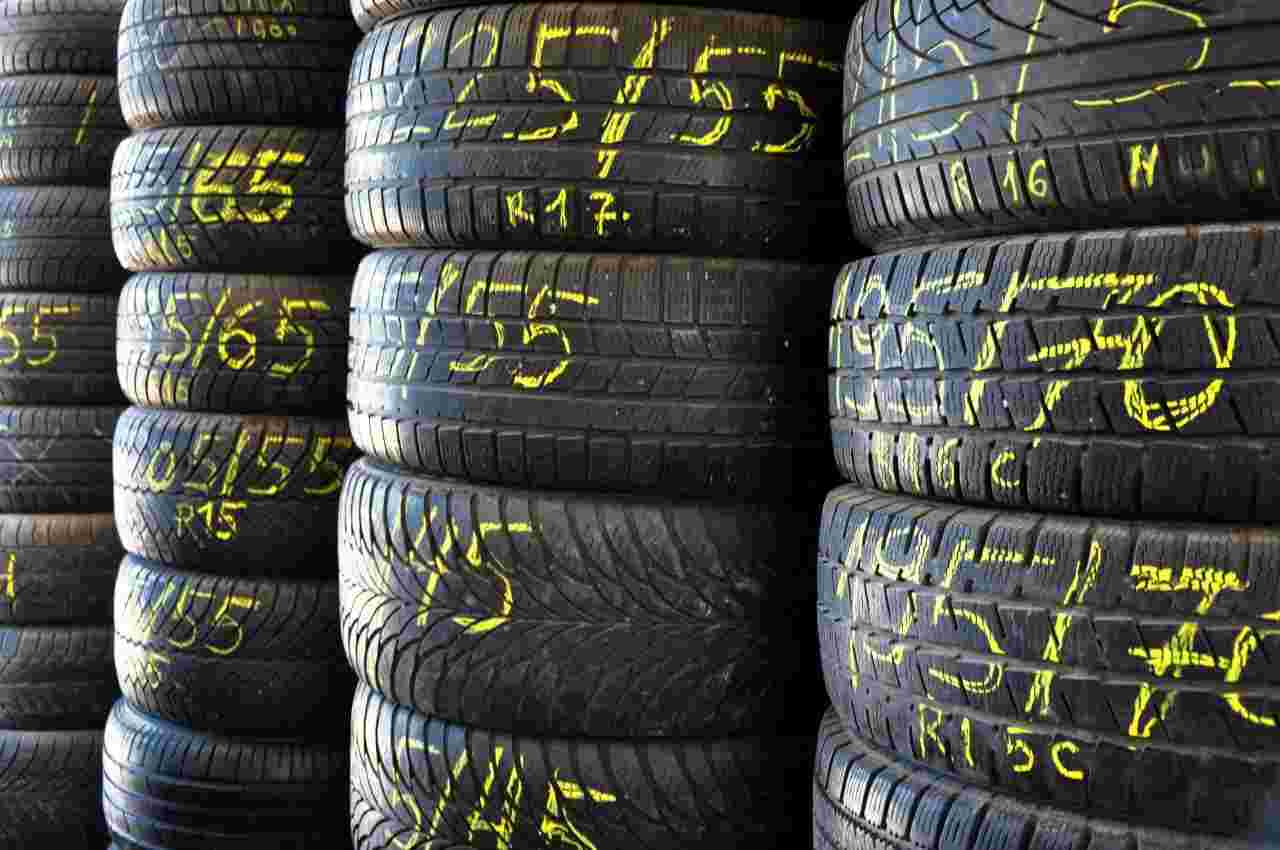
What Kind of Defects Lead to Tire Recalls?
Today’s huge variety of vehicles operating in many different environments place a huge amount of pressure on tires and even very small flaws can lead to catastrophic accidents. Sidewall blisters may seem like a minor thing in the broad scheme of things, but these air bubbles can burst during operation and cause a sudden drop in air pressure. Other defects include rim or bead failure and tread separation. Any of these flaws can cause a serious accident if they occur at the wrong moment.
The experienced tire defect lawyers at the Willis Law Firm have the grit to pursue compensation for injuries brought about by defective tires. Tire blowout accident lawsuits are unique to your situation. We know what it takes to conduct a proper investigation into the incident. To ensure a speedy resolution we will often work with a private investigator who will aid us in determining liability. During the entire process, we will keep the client informed of all developments regarding their case.
What are the Tire Defect Categories?
Despite massive progress in this area, tire defects are common. Before a government agency will actually step in and demand that a recall is issued, they must receive thousands of reports mentioning the same problem. This means that by the time action is taken and the recall is issued, the damage to many lives may already be done.
The underlying issues in a tire defect case may include:
Manufacturing Defects
To make the most cash for their costs, many companies will use cheaper materials and labor. This means that designs that are completely safe will not perform well when they hit the roads.
Design Defect
The 1970s saw the rise and popularity of the Ford Pinto. Even though manufacturers knew that the design was flawed and the gas tank was dangerously situated, they ignored their data and made millions on the sale of the Pinto. As a result, 180 people met a horrible fiery end in these death traps.
Problems with Bead Wire
Bead wire is made of steel and aids in moving the vehicle’s weight to the tire itself from the tire’s rim. The bead wire is the tire’s most vulnerable feature. Tires explode when tires were overfilled if the bead wire is weak.
Sidewall Issues
The tire’s stability is built on the sidewall of a tire. The tire may rupture if the sidewall is weak. Though this is most common when the tire is being filled, it can happen at any moment, including while the vehicle is moving.
Malfunctions of Multi-Piece Wheels
Multi-piece wheels include numerous parts. As the tire is filled, the parts of the tire lock together. If the wheel’s segments separate, the force may result in catastrophic injury. When a wheel falls apart while traveling, it creates a tragic disaster.
Tread Issues
Tread problems have led to many tire defect lawsuits. The treads would detach while driving, causing the tire to break apart. Tread problems have been connected to many deaths.
Inadequate Installation
If the tires are not correctly fastened to the rest of the automobile, they may become unfastened while driving, leading the driver to lose control. Wholesale clubs, cheap retailers, and national vehicle service chains may provide inexpensive costs on tires and service, but they may not be staffed by qualified experts who sell, install, or maintain tires in accordance with manufacturer guidelines. Service providers have been known to put the wrong tire on the automobile, position the tire incorrectly, forget to remove a damaged tire, or put on an old tire that has outlived its usable life.
Breach of Warranty
There are several implied warranties laid out by the Uniform Commercial Code. Some of the most important ones have to do with a product’s fitness for its intended purpose, proper packaging and consistency. If the tire is designed for off-road use tire may be additional warranties applied.
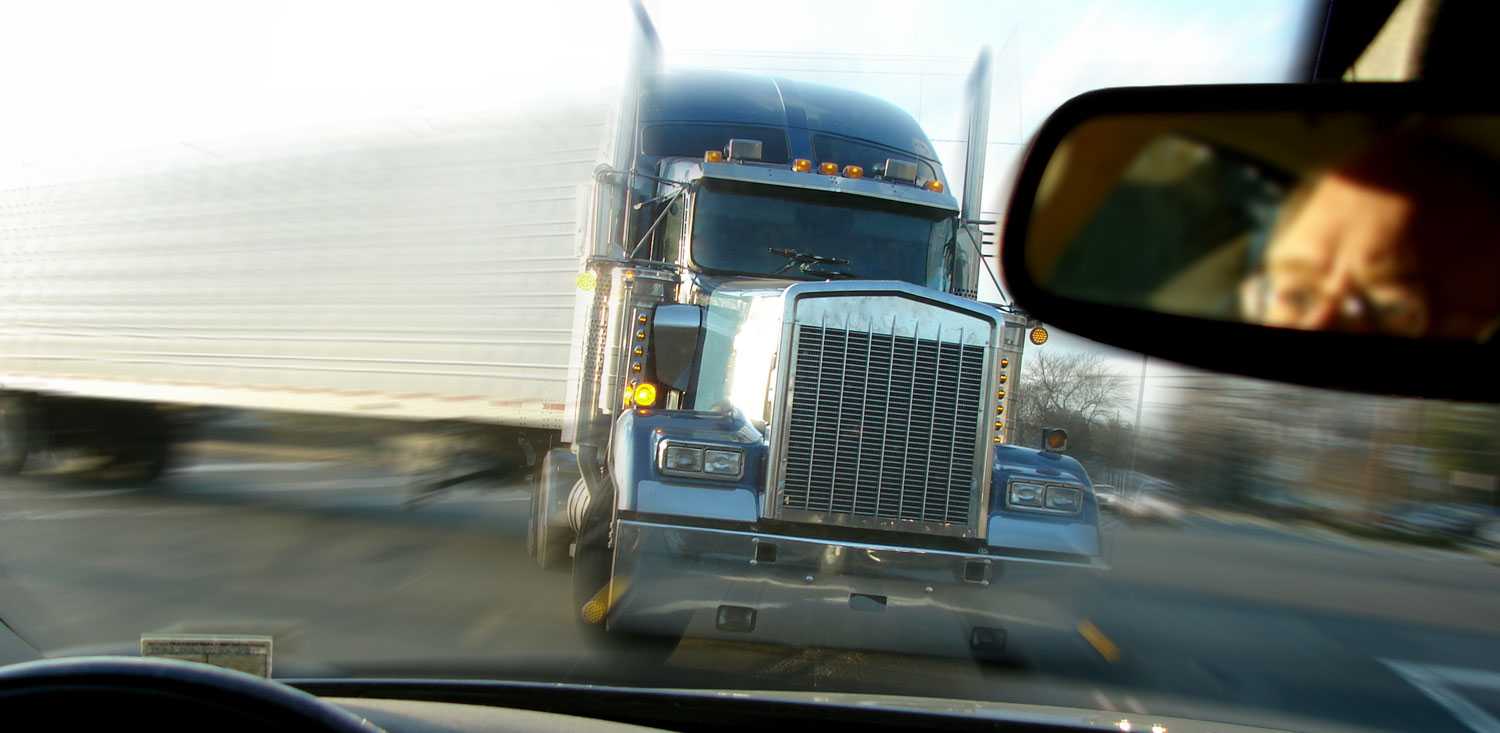
Injured by an 18 Wheeler Blowout Tire
Trucking businesses often fail to keep their fleet’s tires properly. Truck accidents caused by tire failure can result in severe harm or death to other vehicles. Drivers who share the road with 18-wheelers are at risk from large truck tires that tear off the trailer and crash into passenger vehicle windshields or dump unexpected dangerous items onto the road.
Every year, thousands of commercial truck accidents occur, killing and injuring motorists. Semi-truck tire blowouts are responsible for a number of those truck accidents. These blow-outs can be extremely dangerous due to the size and pressure within a commercial vehicle tire. When a tire explodes under pressure, the rubber and auxiliary elements of the tire and wheel fly into the air at high speeds. It’s similar to shrapnel from a little explosion.
Every day, 18-wheelers face tire blowouts on America’s roadways. The following are the four most typical reasons of tire failure:
- Tires that are old or worn
- Inadequate upkeep
- Tires with flaws
- Failure to examine tires per FMCSR.
Each day before the driver departs, big rig truck tires should be examined to verify that they are in good condition and properly inflated. However, drivers are often in a rush and do not always take adequate precautions. As a result, your family may be involved in a tragedy.
Truck drivers may be held accountable for blowout accidents in the following situations:
- They failed to carry out their inspection responsibilities. Drivers are obligated by law to assess their vehicles for any visible defects. Tires can show apparent symptoms of wear and tear, such as cracks, threadbareness, or other concerns, that can signal drivers should replace their tires.
- They failed to uphold their responsibility not to drive with malfunctioning equipment. A commercial driver should be aware of whether their tires are faulty. Any recalls or alerts issued by a tire seller or manufacturer should be followed up on as soon as possible so that these tires may be fixed or replaced. Drivers who ignore are compromising safety for the sake of efficiency and should be held responsible.
What Type of Compensation Can Be Awarded in a Tire Blowout Accident?
Defective tire cases tend to be especially serious in nature. So a great deal of compensation available in such a case. This can include compensation for economic damages like the medical costs and lost wages caused by the accident, it can also include pain and suffering, disfigurement, and other damages. Jurors often award considerable punitive damages in these cases as well.
In a defective tire case, the only thing that must be established is the cause. It is required of manufacturer companies that their products be safe for use. This is especially true for tires that will be supporting the weight of vehicles moving at high speeds in all types of conditions.
At times, defective tire cases can also involve negligence. These are far easier to explain to a jury, instead of boring them to death with air pressure parameters and industry standards, they’ll get to hear a more exciting tale about a careless company.
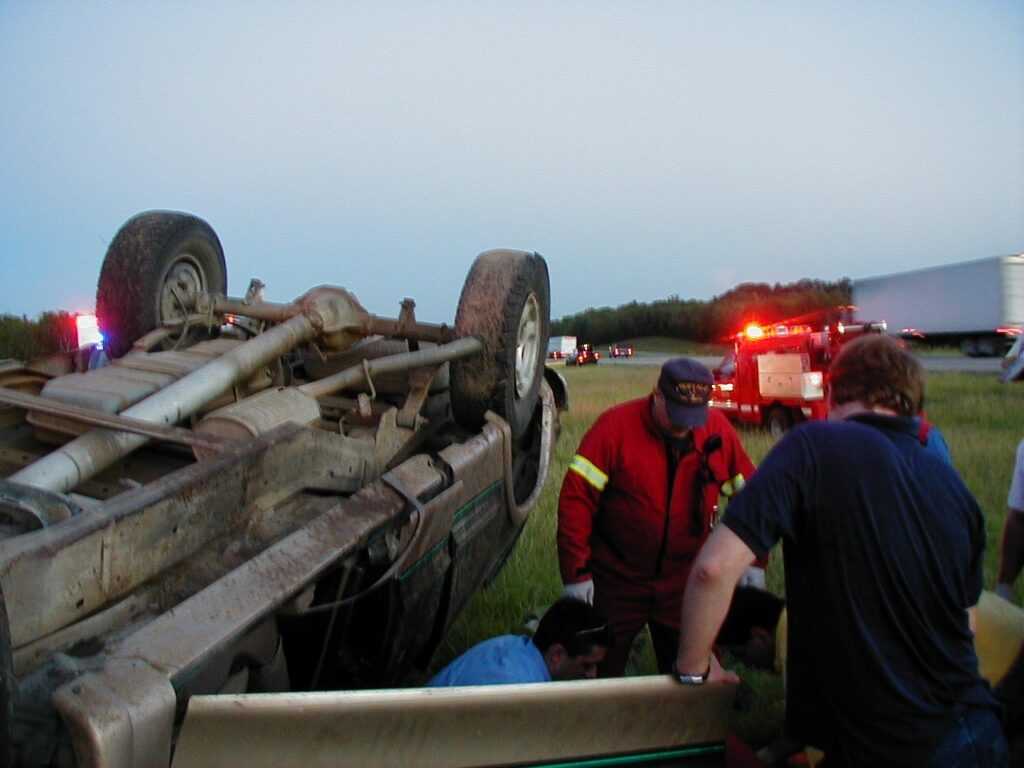
Staying Informed About Tire Recalls
It is generally easier to know the risks you face with a set of defective tires than other defective features of your automobile. The market for second-hand tires is very small, so most people are the original owners of their tires. This is not the same as the risk involved with defective airbags for example that could be on their fourth owners and there is no clear picture of what kind of car you are driving or if there are any safety recalls for their ride.
One good way to protect yourself is by registering your tires with the manufacturers. Sure they will be using this information for marketing reasons, but in the event that a recall is issued you can expect to be notified promptly.
You can also record the Tire Identification Number and tire size. You will find this information on the sidewall of the tire. You can the sty connected with the NHTSA through social media. As soon as a recall is issued you will get a notification of the TIN and size of the tire.
A google alert can also be requested. If you have a Google account just use the search term “+ recall” to find out more.
We Have Handled Tire Accident Cases Involving
Vehicle Manufacturer Liability for Defective Tires
The manufacturers of your vehicle may also be at fault for a tire-related accident. Your car should have a pressure monitoring system that indicates when the pressure in a tire has gotten too low. If you have been careful to keep your tires properly inflated and this happens, liability may fall on the manufacturers.
Tire Blowout Accident Attorney
A tire blowout accident lawyer can conduct an investigation and assist in determining who was at fault for the collision. We have helped many critically wounded clients nationwide recover money for amputations, asphyxiations, burn injuries, spinal cord injury, brain damage, death, and other catastrophic disabilities caused by tire blowouts. David P. Willis is board certified as a personal injury trial law specialist. We’ve put in a lot of effort to get the best results for our clients, and we’ll do the same for you and your loved ones. Call us at 713-654-4040 or 1-800-883-9858 to tell us your story about the defective tire.

